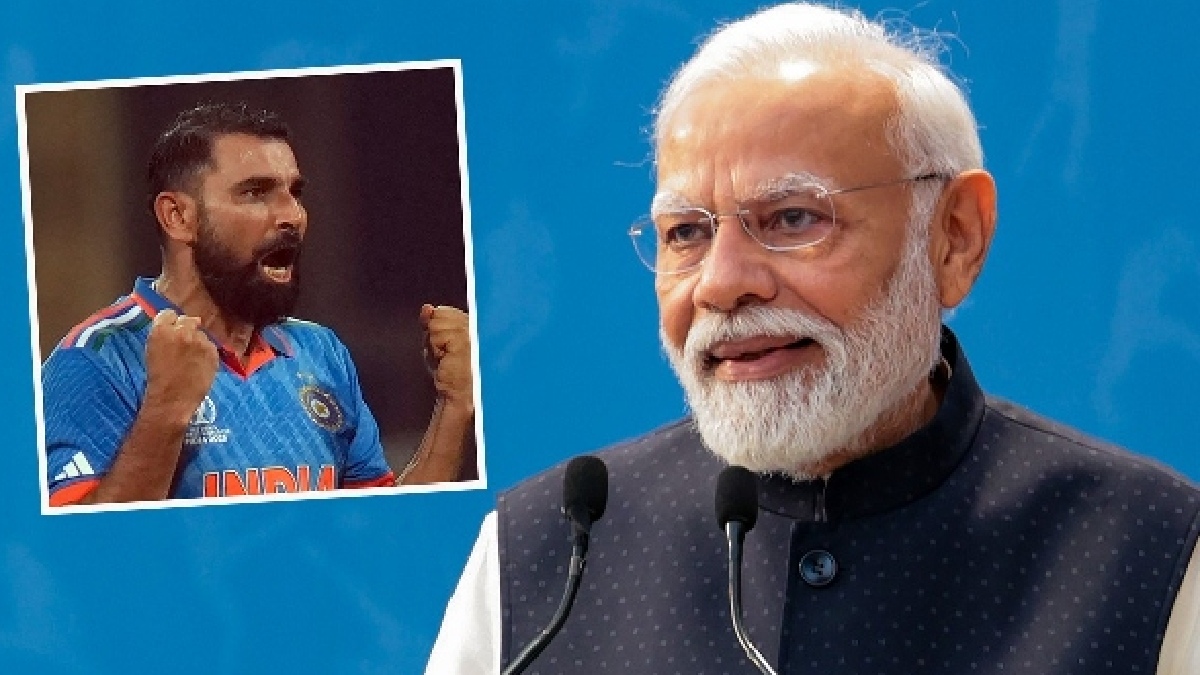Relief on way for Pak mega-city's power crisis
Karachi, June 8: Summer is a season of dread for the 16 million people living in Karachi.
Temperatures soar, air conditioners and fans are switched on, and the power supply crashes in the city sweltering on the shores of the Arabian Sea.
''My business is down by 50 per cent this summer. My wife has gone cranky. My children who are revising for annual exams are upset. This is all because of continuous power breakdowns,'' moaned shopkeeper Mohammad Farooq.
To make it worse, homes in Karachi's tenements can't get water when the electric pumps don't work. In some neighbourhoods, on a bad night, the only lights left on come from burning tires spread across roads by protesters who stone cars that try to pass by.
They single out Karachi Electricity Supply Corporation (KESC) vans for special attention, blaming the company for load-shedding in their area while keeping the lights on elsewhere.
The chronic infrastructure problems are worsening the social ills in a mega-city already suffering more than its share of problems, with spiralling street crime and a bad reputation for ethnic, political and terrorist-linked violence.
Dimming
Across
Asia
Cities
all
over
Asia
suffer
from
weak
electricity
supplies
or
complete
breakdowns.
Private
investors
generally
regard
power
utilities
as
too
risky.
But a consortium led by Saudi Arabia's al-Jomaih group and Kuwait's National Industries Holding saw potential in Karachi's electrical system. They paid 365 million dollars for a majority shareholding and management control of KESC almost two years ago.
The new management plans to not only overhaul the dilapidated grid, but to overcome rampant theft and non-payment by factories and wealthy residents who don't pay their bills.
KESC also received a boost on June 4 when the Asian Development Bank gave it a 150 million dollars loan -- the first loan extended by the ADB to Pakistan's private sector since 1995.
KESC has also received a 125 million dollars loan from International Finance Corp., a private sector arm of the World Bank, and is tying up 345 million dollars in bank loans.
Robert Bestani, director general of ADB's private sector finance department, said the bank had looked past KESC's ''sad history'' and analysed the new owners' business plan, which involved contracting operations and management to Siemens Pakistan Engineering Co Ltd, a unit of Germany's Siemens Ag.
''We came to a conclusion that this was a solid bet for us to back,'' said Bestani.
The ADB, according to bank officials, is also considering granting a loan of several hundred million dollars to build a mass transit system, refurbish a dilapidated water supply and waste-water network and establish a solid waste disposal system.
Sweating
Out
Turnaround
For
now,
Karachi's
hot
and
angry
residents
are
just
as
impatient
as
they
were
when
KESC
was
state-run.
It was inevitable that things would get worse before they get better in a city facing a shortfall of up to 250 MW a day, and needing altogether 1,000 MW more to service people either not connected to the grid or using high cost self-generators.
Demand for electricity is growing 8-10 percent annually, while turning round the KESC operation will take time.
''This is pathetic. We have been without electricity for the past seven hours and we don't know for how long it will stay like this,'' moaned Mansoor Khan, a middle-class Karachi resident.
There will be light literally at the end of the tunnel by the end of 2009, if a 7 million capital investment plan succeeds.
By then, KESC aims to increase its near 1,500 MW capacity by over 50 percent so that, together with electricity bought from other power producers, it will virtually match demand.
Reducing transmission and distribution losses equivalent to more than 34 per cent of all electricity produced will take longer. Theft is a big part of the problem.
The thefts take place through illegal connections, and slowed meters, often arranged through bribes. Confronting the issue can provoke threats, sometimes attacks on officials and property and sometimes political pressure if the consumer has enough clout.
Akhtar Zaidi, a director and Executive Committee Chairman of KESC, said losses were greatest in industrial and commercial areas, and in affluent neighbourhoods of Karachi. Some of the city's largest firms were consuming far more than they pay for.
Even before privatisation, the management of KESC sometimes received threats from customers who refused to pay their bills.
The new owners won't be put off, however, preferring to consider the prize of access to every household in the city.
KESC has adopted a strategy of bringing politically-connected labour unions onside to stop theft and sabotage.
''We took a view of KESC long term,'' Zaidi said. ''We focused more on how we were going to manage those threats.''
Reuters>


 Click it and Unblock the Notifications
Click it and Unblock the Notifications




